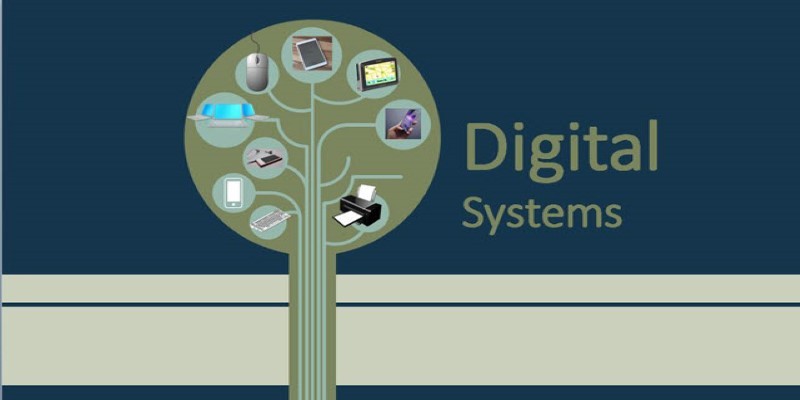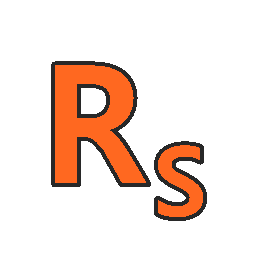
About Course
This Digital Systems course gives you a complete insight into the modern design of digital systems fundamentals from an eminently practical point of view. Unlike other more “classic” digital circuits courses, our interest focuses more on the system than on the electronics that support it. This approach will allow us to lay the foundation for the design of complex digital systems.
You will learn a set of design methodologies and will use a set of (educational-oriented) computer-aided-design tools (CAD) that will allow you not only to design small and medium-size circuits but also to access higher-level courses covering so exciting topics as application-specific integrated circuits (ASICs) design or computer architecture, to give just two examples.
Course topics are complemented with the design of a simple processor, introduced as a transversal example of a complex digital system. This example will let you understand and feel comfortable with some fundamental computer architecture terms as the instruction set, microprogram, and microinstructions.
Course Content
Digital Systems
-
Number System
16:45 -
Introduction to Logic Gates
07:14 -
Logic Gate Expressions
13:00 -
Making logic gates from transistors
13:02 -
Karnaugh Maps
01:19 -
Karnaugh Maps – Introduction
13:45 -
Karnaugh Maps – Simplify Boolean Expressions
07:26 -
Karnaugh Maps with 4 Variables
04:59 -
VHDL Lecture 1 VHDL Basics
30:53 -
VHDL Lecture 2 Understanding Entity, Bit, Std logic and data modes
14:33 -
VHDL Lecture 5 Understanding Architecture
15:29 -
VHDL Lecture 6 Understanding Signals With Select Statements
26:29 -
Logic Gates and the Ripple Carry Adder
09:25 -
Digital Electronics: The Half Adder and Full Adder
12:55 -
Half Adder Design (using universal gates)
05:04 -
Designing a 7-segment hex decoder
15:33 -
Logic Gates Explored and Boolean Algebra
02:12 -
Truth Tables and Basic Logic Gates
01:31 -
Binary 1 – Converting to and from Denary
09:31 -
Binary 2 – Two’s Complement Representation of Negative Numbers
12:56 -
Binary Conversion and Adders
01:53 -
Binary 3 – Fixed Point Binary Fractions
06:46 -
Binary Arithmetic
10:21 -
Binary 4 – Floating Point Binary Fractions 1
11:20 -
Binary 5 – Floating Point Range versus Precision
11:21 -
Binary 6 – Normalised Floating Point Binary Fractions
22:41 -
Binary 7 – Floating Point Binary Addition
00:00 -
Binary 8 – Floating Point Binary Subtraction
07:33 -
ASCII and Unicode Character Sets
12:49 -
Boolean Algebra
10:27 -
Boolean Algebra 1 – The Laws of Boolean Algebra
14:54 -
Boolean Algebra 2 – Simplifying Complex Expressions
19:05 -
Boolean Algebra 3 – De Morgan’s Theorem
13:41 -
Universal Logic (Nand Gates)
07:28
Student Ratings & Reviews

No Review Yet
